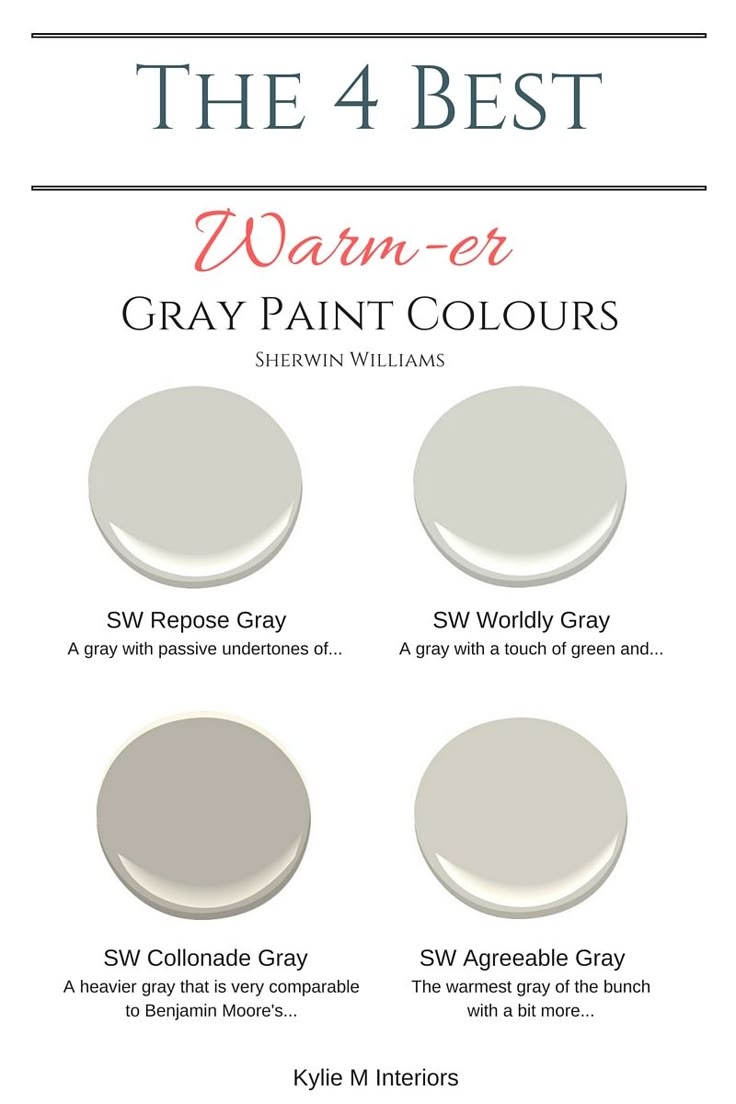Decoding Paint: Sherwin Williams Color Comparisons
Choosing the right paint color can feel like a monumental task. The seemingly endless options can be overwhelming, especially when faced with a wall of tiny paint chips. When it comes to Sherwin Williams paints, the vast array of beautiful hues can make the decision-making process even more daunting. That’s why comparing Sherwin Williams colors side-by-side is crucial for a successful painting project.
Evaluating paint colors side by side allows you to truly understand how different shades interact with light and how they might appear in your specific space. It's a critical step that often gets overlooked, leading to unexpected and sometimes disappointing results. Imagine meticulously painting a room only to realize the color looks completely different than you envisioned. Side-by-side comparisons can prevent this common painting pitfall.
The history of paint color selection has evolved from limited options to an explosion of choices. With brands like Sherwin Williams offering thousands of shades, the need for efficient comparison methods has become increasingly important. In the past, relying solely on small paint chips was the norm, but now, with advancements in technology and resources like peel-and-stick samples, visualizing your desired color palette is easier than ever before.
One of the main issues with comparing Sherwin Williams colors, or any paint colors for that matter, is the impact of lighting. Natural light, artificial light, and even the direction a room faces can dramatically affect how a color appears. A color that looks vibrant and cheerful in a brightly lit store might appear dull and muted in a north-facing room. This is why side-by-side comparisons in your own space are essential.
Comparing paint colors involves more than just holding up two paint chips. It’s about observing how the colors interact with each other, how they change throughout the day as the light shifts, and how they complement your existing décor. This process involves using larger samples, ideally in the same finish you plan to use, and observing them in the actual room you intend to paint.
A key aspect of comparing Sherwin Williams colors is understanding undertones. Undertones are the subtle hints of color beneath the surface hue. For example, a beige might have cool gray undertones or warm yellow undertones. Side-by-side comparisons make these undertones more apparent, helping you select a color that harmonizes with your overall design scheme.
Benefit 1: Accurate Color Perception: Comparing large samples side-by-side provides a more accurate representation of the true color in your specific lighting conditions.
Benefit 2: Avoid Costly Mistakes: By carefully comparing colors beforehand, you can avoid the expense and frustration of repainting a room due to an unexpected color outcome.
Benefit 3: Confident Color Choices: Comparing colors side-by-side empowers you to make informed and confident decisions, resulting in a space you truly love.
Step-by-step guide to comparing Sherwin Williams colors: 1. Gather samples of your chosen colors. 2. Paint large swatches on poster board or directly on the wall. 3. Observe the colors at different times of day. 4. Compare the colors with your existing furniture and décor.
Recommended websites: Sherwin-Williams.com
Advantages and Disadvantages of Comparing Sherwin Williams Colors Side-by-Side
Five Best Practices: 1. Use large samples. 2. Observe in different lighting. 3. Consider undertones. 4. Compare with existing décor. 5. Test the finish.
Real Examples: Comparing Alabaster vs. Snow White; Comparing Agreeable Gray vs. Repose Gray; Comparing Naval vs. Hale Navy; Comparing Tricorn Black vs. Iron Ore; Comparing Evergreen Fog vs. Retreat.
Challenges and Solutions: Challenge 1: Difficulty visualizing the final result. Solution: Use large samples and visualize the entire room.
FAQ: 1. How do I choose between two similar colors? Answer: Compare large samples in your own space.
Tips and Tricks: Use natural light whenever possible when comparing colors.
In conclusion, comparing Sherwin Williams colors side by side is a vital step in any painting project. It allows you to understand how different shades interact with light, how they complement your existing décor, and how they will ultimately appear in your space. By taking the time to carefully evaluate colors side-by-side, you can avoid costly mistakes, make confident choices, and ultimately create a home you truly love. This careful consideration of color empowers you to transform your space with the perfect palette, reflecting your personal style and creating the ambiance you desire. Don't settle for guesswork; embrace the power of side-by-side comparisons and unlock the full potential of your painting project.
Understanding mohawk correctional facility inmate information
Unraveling the enigma i am the villain chapter 8
Easy and beautiful pencil drawings a beginners guide













